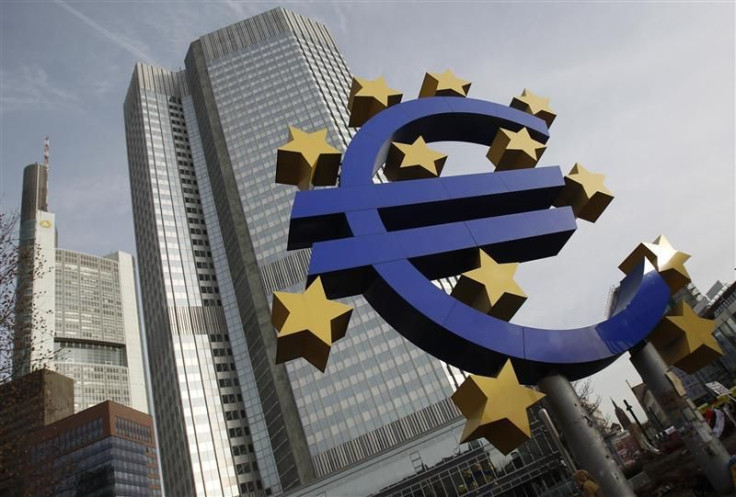Euro Rises on Speculation Over $300 Billion Chinese Investment Fund

The euro rose in early Friday trading after a report indicated China plans to create an investment fund to deal with the eurozone debt crisis.
The currency rose more than 0.6 percent to $1.3434 after Reuters reported Friday that China was creating a fund to manage as much as $300 billion to improve returns on the country's large collection of foreign exchange reserves.
The move higher is due to real money buying (in the euro) on the back of the China report, Sebastien Galy, currency strategist at Societe Generale, told Reuters. It suggests it will make funding conditions easier for struggling euro zone countries.
The investment vehicle would focus be broken down into two funds: one targeting investments in the United States and one focusing on Europe. The fund, which is started by China's central bank, will look to make aggressive investments to bring in higher returns.
The Chinese investment vehicle generated more of a positive spark than any resolutions coming out of the European summit this week. European officials, especially French President Sarkozy, have worked to put together stricter guidelines to prevent the European Union from becoming insolvent.
But investors are hesitant to put faith in the euro or other European entities despite the positive attempts by some to fix the eurozone debt crisis.
The outcome of the summit is fairly positive, but while the summit can be seen as a pillar of support under the euro zone, the market is concerned that the ECB is taking away its pillar of support, said Michael Sneyd, FX strategist at BNP Paribas.
Even further, the euro was hurt by the ECB's decision to cut interest rates to 1 percent on Thursday. That along with stricter restrictions could mean losses in the short-term, which could further drop the euro, according to one analyst.
The summit is still ongoing, but at the moment it's slightly negative for the euro, said Marcus Hettinger, global head of currency research at Credit Suisse in Zurich.
The market is looking for a quick solution which is impossible ... Countries are reducing their deficits, which is negative for growth in the midterm, and this process will take time,
© Copyright IBTimes 2024. All rights reserved.





















